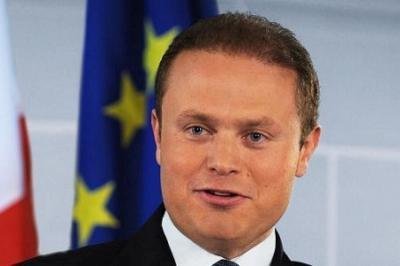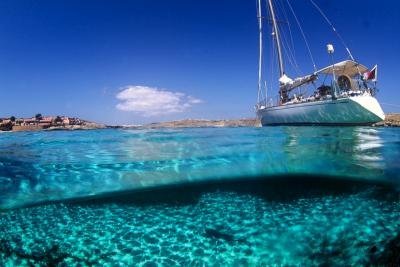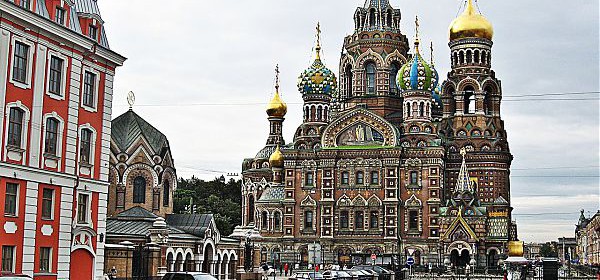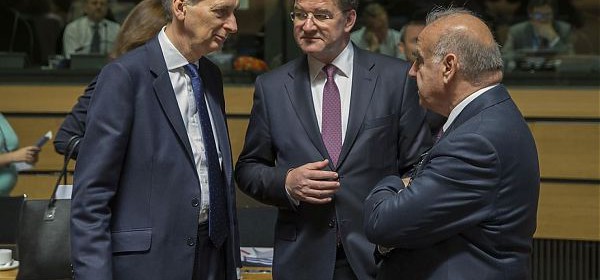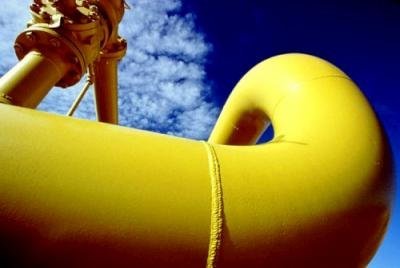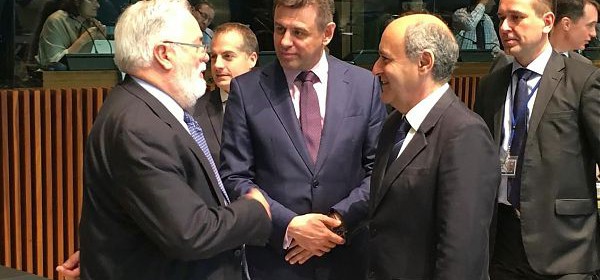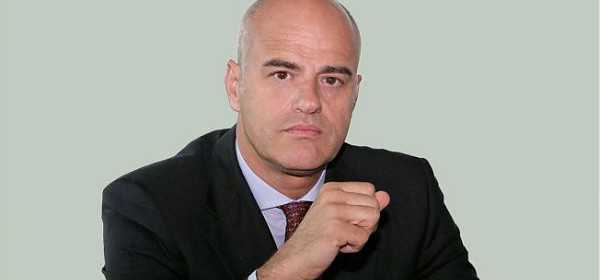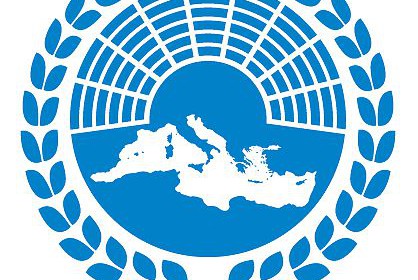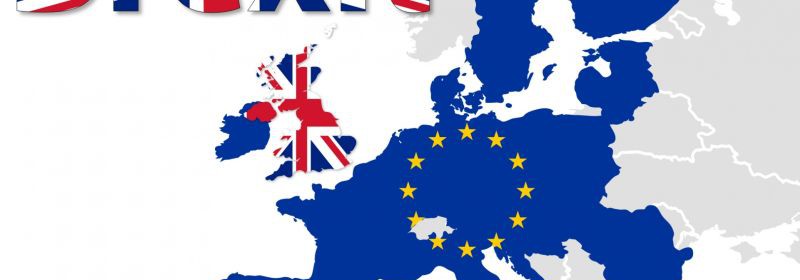Prime Minister Joseph Muscat insisted any suggestions that Malta should hold an EU in/out referendum would be tantamount to “suicide”.
“We are already witnessing the shock in the UK. Malta has made its choice. We are a success within the EU and will continue to be so. Such talk of leaving would be populist, it would only serve as a threat to jobs”, Muscat said.
Addressing a news conference, Dr Muscat spoke about the implications on Malta in the wake of the shocking EU exit referendum vote but repeated twice: “Malta is well prepared for the scenario”.
Malta will retain a zero VAT rate on food and medicines, despite the UK’s anticipated exit from the EU, Prime Minister Joseph Muscat said this morning.
During accession negotiations, Malta had obtained a derogation to retain a zero VAT rate on grounds that the UK had set a precedent. Malta had established that the concession had now become permanent.
Essentially, he said the UK’s exit from the European bloc did not pose any threat to Maltese banks. However, the government has already identified five companies with heavy UK importation which may need Maltese state support.
There are an estimated 27,000 Maltese living in UK, of whom 1,025 are students. No impact is expected in the coming two years though after the UK’s exit, the fees for third country nationals would double.
“However, there are solutions. EU will discuss deals on this front. If there is no EU deal then we would seek a bilateral agreement between Malta and UK,” he said.
It was still too early to analyse the impact on tourism but the number of British people visiting the island this summer was not expected to change.
The UK is lined up to assume the EU presidency after Malta in 2017. Asked whether Malta was prepared to extend its term, Muscat said he would prefer to see Estonia assume that role. Estonia is lined up to take on the EU presidency in the first half of 2018.
(ITALPRESS/MNA).
Source: medNews


